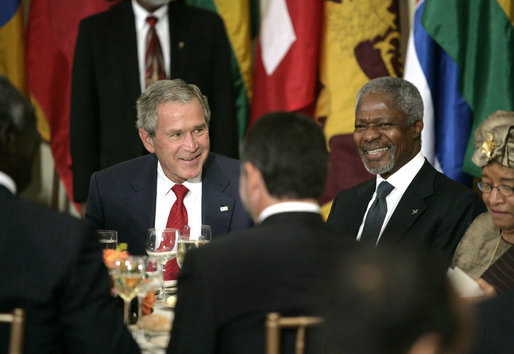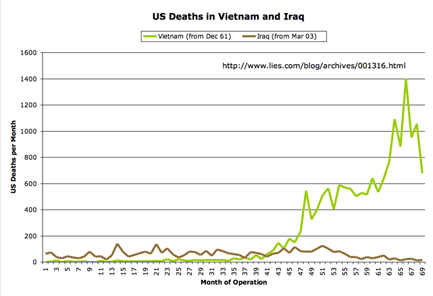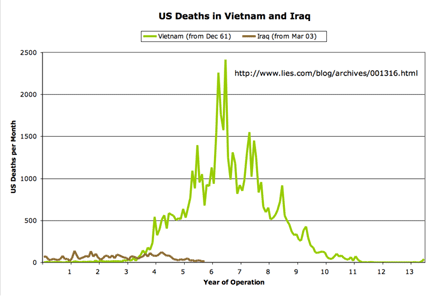
I was struck by this part of Bush’s speech yesterday at the UN (President Bush addresses United Nations General Assembly):
The Security Council has approved a resolution that would transform the African Union force into a blue-helmeted force that is larger and more robust. To increase its strength and effectiveness, NATO nations should provide logistics and other support. The regime in Khartoum is stopping the deployment of this force. If the Sudanese government does not approve this peacekeeping force quickly, the United Nations must act. Your lives and the credibility of the United Nations is at stake.
Say what you will about Bush’s qualifications (or lack of them) for being President, he does have one thing that makes him truly remarkable. Call it “balls,” call it “chutzpah,” call it “a pathological refusal to acknowledge his own failings,” but whatever you call it, he’s got it in spades, and for him (Bush) to be willing to lecture them (the UN) on this particular subject (the need to maintain their credibility) is as clear an example of it as anything I’ve seen.
Bush’s whole presidency, his whole adult life, is a monument to the power of his faith in himself. And it’s not just faith, but a zealously held and aggressively asserted faith, a faith characterized by bluster and a willingness to get in the other guy’s face and loudly assert that he is so right, and who are you to question it?
That UN speech is just one example I saw today. There was also a Max Boot op-ed piece in the LA Times: The stubbornly hopeful president.
True to the pro-Bush leanings that got him into the small group of reporters meeting with Bush, Boot does his best to put a positive spin on what he saw. But he can’t help conveying a certain sense of wonder at just how disconnected from reality Bush has become:
His steadfastness in the face of adversity is admirable. So is his contempt for the conventional wisdom of the day. But there is a certain fatalism that can come from focusing so much on the long term. (Bush spoke repeatedly of how the world would look 50 years from now.) There is a danger that you will not make the necessary short-term adjustments to achieve results here and now.
Finishing up the trio of items that led me to post this morning was this one from BAGnewsNotes: Losing it?
Up to now, I’ve felt that Bush had the psychological strength to contain the anger and arrogance that underlies much of his behavior. Observing his press conference in the Rose Garden on Friday, however, I’m not so sure anymore. Bush pulled off the Presidency perfectly well when things were going his way and people deferred to him (or cowered). (I’m speaking mentally, not politically.)
With the teflon all but gone, however, he’s starting to come apart whenever challenged. You can hear it in his tone, and you can see it in his body language. Besides Friday, it was quite evident, for example, in the recent “walk and talk” interviews Bush gave to Brian Williams in New Orleans and to Charles Gibson in Atlanta.
As Bush heads into the lame-duck part of his presidency, confronted more and more by his failures and the evaporation of his political capital, his confidence in himself will continue to be challenged. From what I can see, though, this is one challenge (perhaps the only one) that he’ll have no trouble surmounting.




